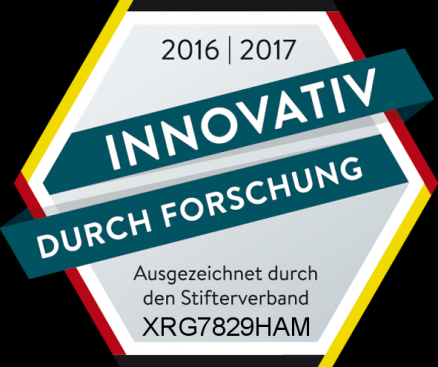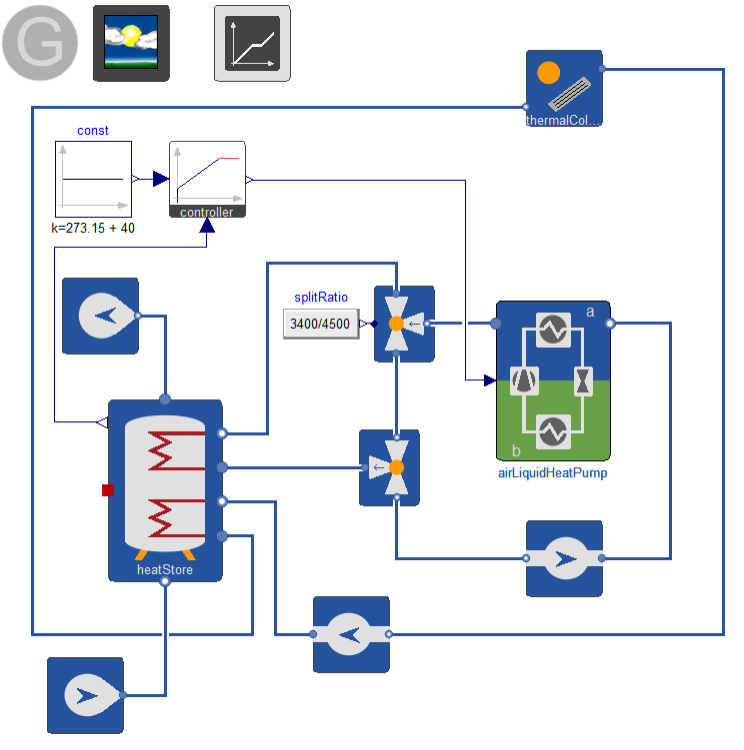Introduction to the HVAC Library
The XRG HVAC Library allows you to compare different systems with each other and evaluate the consumption, CO2 emissions or energy costs of the system over a reference period (e.g. one year). Issues such as the cost-optimized connection of heat generators or cooling systems and their influence on comfort can be analysed in a matter of minutes. Various concepts for heat recovery or the humidification and dehumidification of room air are modeled in just a few steps and can be simulated and evaluated in terms of their advantages and disadvantages. By linking dynamic Modelica models from HVAC and the HumanComfort Library (separate training offer), the capacitive behavior of the building and system is also correctly taken into account.
Participants
The course is aimed at engineers or scientists who are involved in the development and simulation of energy technology systems. Please note that the number of participants is limited to 6 in order to ensure intensive supervision.
Instructor
The course will be held in English by experienced users and developers of the library. They have been involved in the modeling of energy systems for several years in a large number of industrial and research projects and have successfully used the library for various practical problems.
Prerequisites
Participation in the course requires basic knowledge of the operation of the simulation software Dymola, OpenModelica or Impact as well as the common functional principles of the Modelica description language. It is also necessary for the course participant to have a PC with Dymola, OpenModelica or Impact software installed. In addition, a valid license of the HVAC library is required, which can be provided by XRG on request.
Course objective
The aim of the two-day course is to introduce participants to the use of the Modelica HVAC library.
Course content
- Objectives of the library
- Explanation of package structure and components
- Structure and parameterization of a system model (heating, cooling, HVAC) and parallel explanation of the most important modeling concepts of HVAC and its components
- Integration of simple and common control mechanisms
- Simulation and consideration of scenarios and comparison
- Individual consideration of problems posed by the course participants
Course duration and venue
The duration of the course is 9 hours per day (incl. lunch break). The course can be held online or in person. We would be happy to make you a special offer to hold the course at your premises.
Award

